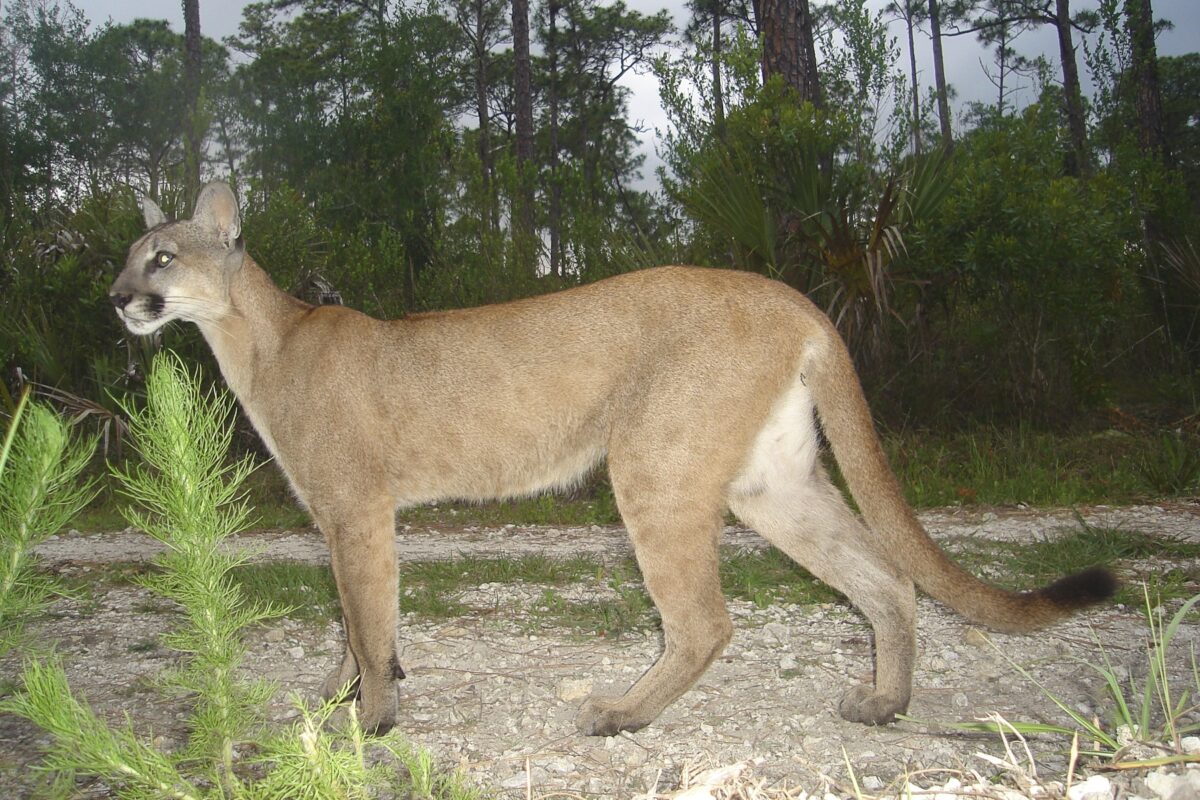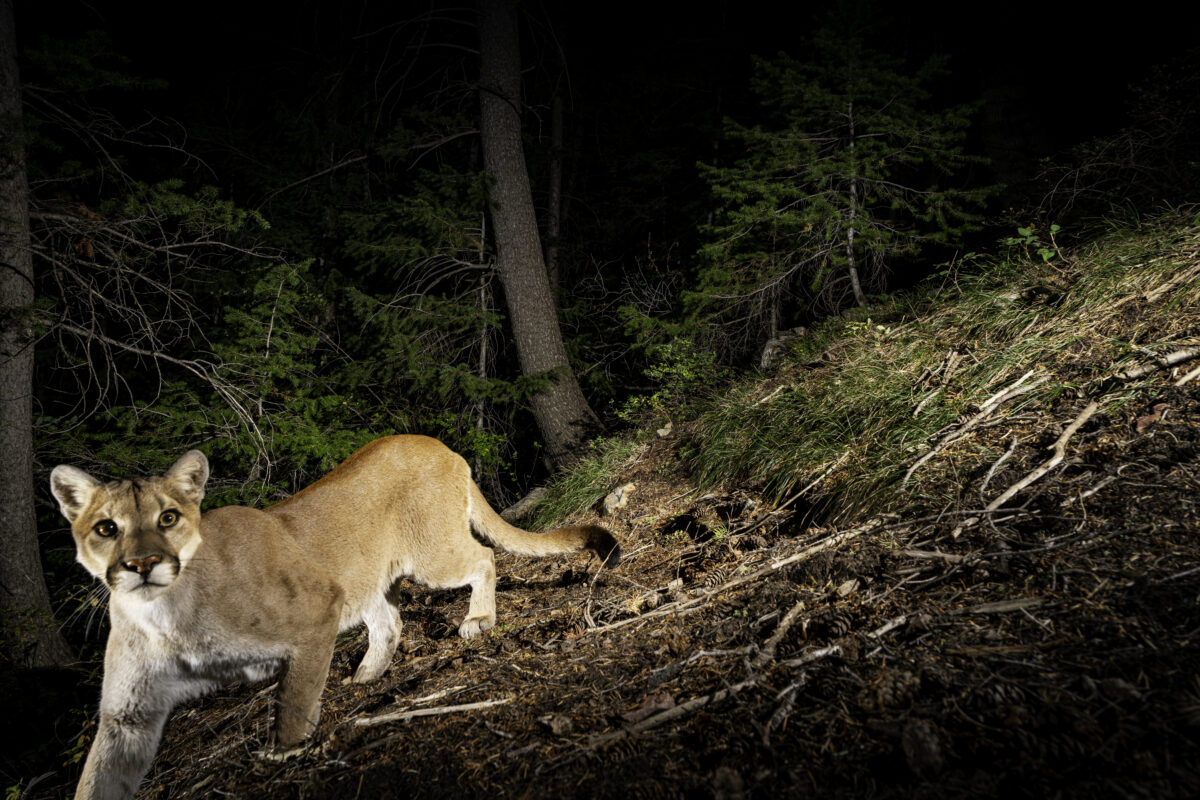In an 8-1 vote on Friday, July 19, the Washington Fish and Wildlife Commission adopted new rules to prevent the overhunting of cougars. The rule change is the final result of a petition filed in December 2023 by the Mountain Lion Foundation, Washington Wildlife First, and partners from national and statewide groups, including the Center for Biological Diversity, the Humane Society of the United States, Predator Defense, WildFutures, Coexisting with Cougars in Klickitat County (WA), and the Kettle Range (WA) Conservation Group.
“Washington values our cougars, and these rules will protect them from overhunting,” said Josh Rosenau, Director of Policy and Advocacy for the Mountain Lion Foundation. “Most excitingly, these rules will put hunters, conservationists, and the Department of Fish and Wildlife on the same side in efforts to promote nonlethal responses to conflict and reduce needless deaths of cougars.”
The new rules include a cap on all sources of human-caused cougar deaths. Humans are the largest single cause of cougar mortality, with lethal responses by law enforcement being a leading cause of cougar deaths, especially in certain areas of Washington. Because those deaths will now count towards the quotas that trigger the closing of hunting areas, hunters now have an incentive to help prevent these “conflict” deaths. On average, humans in Washington cause the deaths of approximately 300 cougars per year.
This vote enacts provisions recommended in the state’s Game Management Plan, which has been in effect since 2011. Those changes had been suggested based on decades of science by the the Washington Department of Fish and Wildlife’s field biologists and research partners at the state’s universities. In the nine months since the petition was filed, department scientists and external researchers have presented additional science to the Commission, reinforcing the key findings behind those recommendations. A group of 50 independent researchers sent a letter to the Commission in December, endorsing the science underlying these changes.
These rules set hunting limits based on those decades of research, using high quality estimates of the density of cougars in each of the hunting regions and setting an upper limit on all sources of human-caused deaths at 13% of that estimated population of cougars. Previous rules focused on deaths from hunting, not cougars killed in response to conflict with livestock, and did not fully account for deaths of subadults — younger cougars who have left their mothers to seek independent territories. The new rules also align the cougar hunting season with the end date of annual hunting licenses, and they require immediate cessation of hunting in areas where deaths exceed those caps.
The cap at 13% of a cougar population was set based on extensive research which has shown that to be the average rate at which cougar populations in Washington grow if they aren’t hunted at all. By setting that cap, the Commission hopes to prevent hunting from causing damage to local populations. Research discussed in the petition and reiterated in scientific testimony shows that excessive killing could cause a counterintuitive increase in conflicts. A limited exception to that cap allows a brief hunting season in areas where conflict mortality between April and September would already exceed the 13% limit.
“We are grateful that the Commissioners listened carefully to scientists inside and outside the Department and acted on the best available science available to them,” adds Rosenau. “This new rule is a win for cougars, a win for hunters, a win for Washington’s wilderness, and a win for science-based policymaking.”
The new rules will take effect immediately, in time for hunters and the agency to prepare for the beginning of the scheduled 2024-2025 cougar season on September 1.



 Facebook
Facebook Twitter
Twitter Send Email
Send Email


